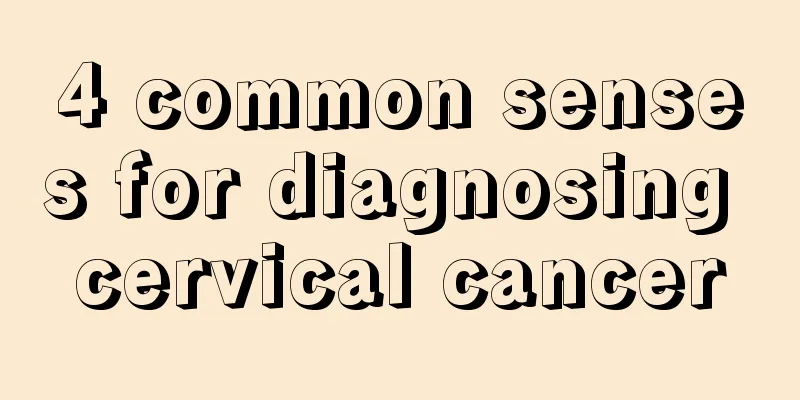Is acquired gastric cancer hereditary?

|
Gastric cancer genes are prone to forming tumors, blocking the passages, causing discomfort when food enters the stomach, or even vomiting or vomiting immediately after eating. Gastric cancer patients have obvious family clustering. Surveys have found that the first-degree relatives (parents and siblings) of gastric cancer patients have a 3 times higher risk of gastric cancer than the average general population. A famous example is Napoleon's family. His grandfather, father and three sisters all died of gastric cancer. In the entire family, including himself, a total of 7 people suffered from gastric cancer. Risk factors for gastric cancer include lack of physical exercise, mental depression, smoking, preference for smoked food, preference for high-salt diet, excessive meat intake, Helicobacter pylori infection, gastric ulcer, etc. However, preference for fungi and fresh fruits are protective factors for gastric cancer. It is worth noting that the familial clustering of gastric cancer may be related to co-infection with Helicobacter pylori. People with a family history of gastric cancer should go to the hospital to monitor for infection with the bacteria and seek timely treatment if they are infected. Epidemiological studies of gastric cancer suggest that environmental factors may be the main cause of gastric cancer occurrence and prevalence, and heredity and immunity also play a certain role in the formation of gastric cancer. In 1980, Correa divided gastritis into autoimmune, hypersecretory and environmental types from an epidemiological perspective. It is believed that the autoimmune type is mainly related to the immune mechanism, often with pernicious anemia, and the lesions mainly involve the fundus and body of the stomach, often leading to atrophy of the entire stomach in the later stage, with a genetic tendency. A survey in Colombia found that chronic atrophic gastritis conforms to the autosomal negative inheritance law, and whether the disease occurs is greatly affected by age and mother. Among the people studied, the gene carrier rate of atrophic gastritis is 61%. If the mother is a patient, 72% of the children will also suffer from atrophic gastritis at the age of 0; if the mother is a normal person, the prevalence rate among the children is 41%. It was also found that pernicious anemia accompanied by diffuse gastritis is autosomal dominant. |
<<: Are there many cases of hereditary gastric cancer?
>>: The probability of metastasis of poorly differentiated gastric cancer
Recommend
How to treat advanced lung cancer to prolong life? Pay attention to these two points when treating advanced lung cancer
Lung cancer is easy to spread in the late stage, ...
How is small cell lung cancer diagnosed?
What is the basis for the diagnosis of small cell...
What are the methods to remove oil stains from clothes
In life, if beautiful clothes are stained with oi...
Cerebellar infarction? Find the right treatment and recover quickly
Cerebellar infarction is a common and frequent di...
Precautions for early prevention of teratoma
Everyone knows that teratoma is very harmful to f...
Is it good to use yeast powder to brush teeth?
Having white teeth can greatly improve our image,...
Normal value of left ventricular systolic function
Every normal person's ventricle has two funct...
What should you pay attention to if gastric bleeding occurs?
Some people in life have poor stomachs, so they a...
Anatomical classification of laryngeal cancer
The larynx is a common site for upper respiratory...
How to treat the sequelae of nasopharyngeal carcinoma? What foods are suitable to eat?
Cancer is no longer an incurable disease, but mos...
How to prepare mustard oil, its medicinal value cannot be ignored
Mustard is the powder of crushed mustard seeds. T...
Nursing after radiotherapy for nasopharyngeal carcinoma
After radiotherapy, patients with nasopharyngeal ...
How much harm does masturbation do to teenagers
Everyone has adolescence. During this period, alm...
What are the reasons for the sudden appearance of dark spots on the face?
Dark spots on the face make the whole face look b...
What are the examination and diagnosis methods for colon cancer?
What are the examination and diagnosis methods fo...









